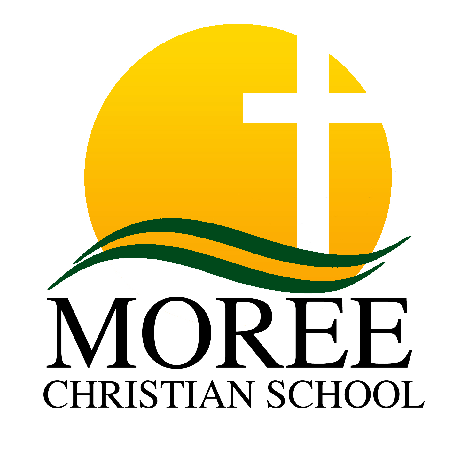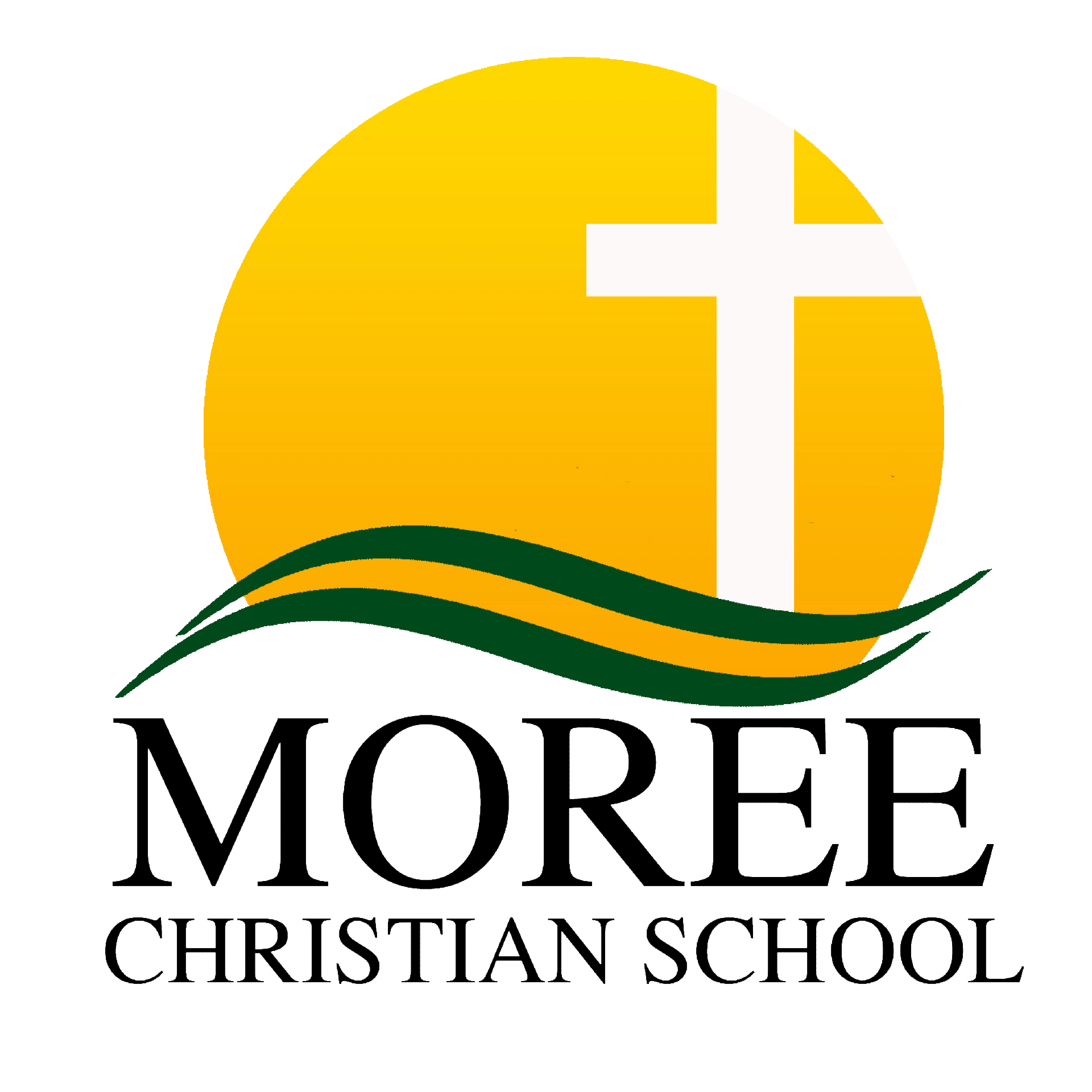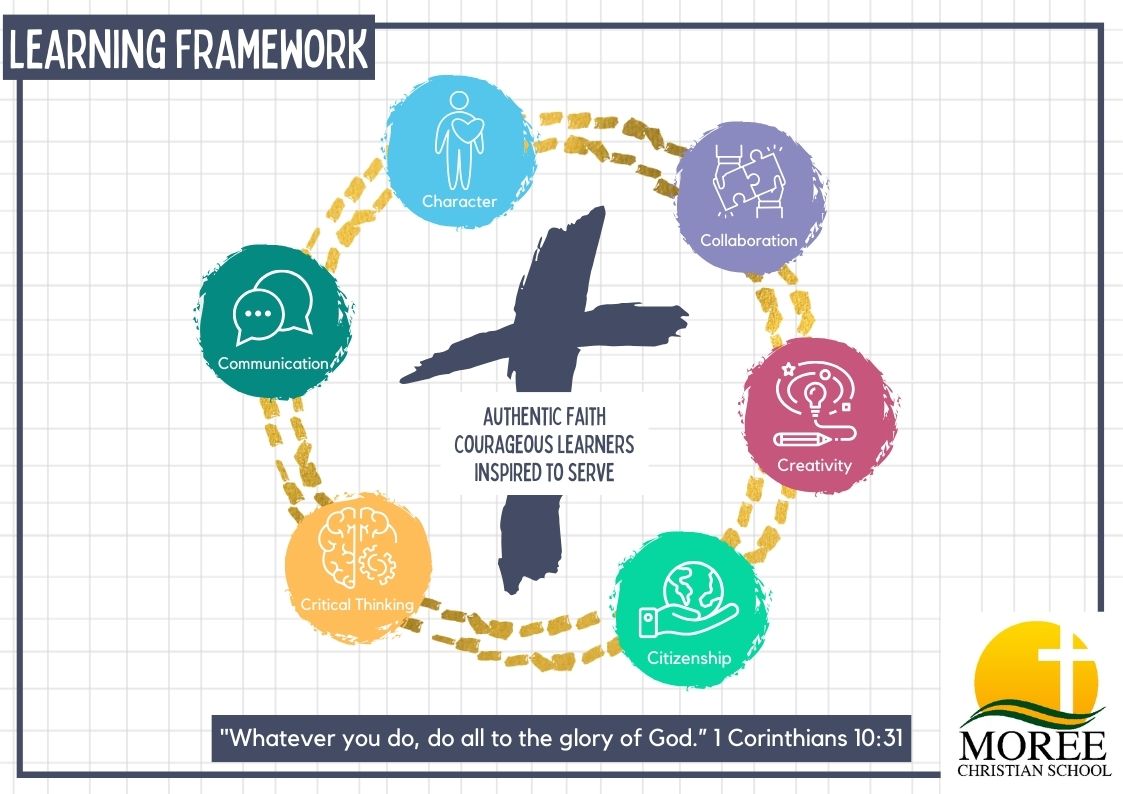Student Life

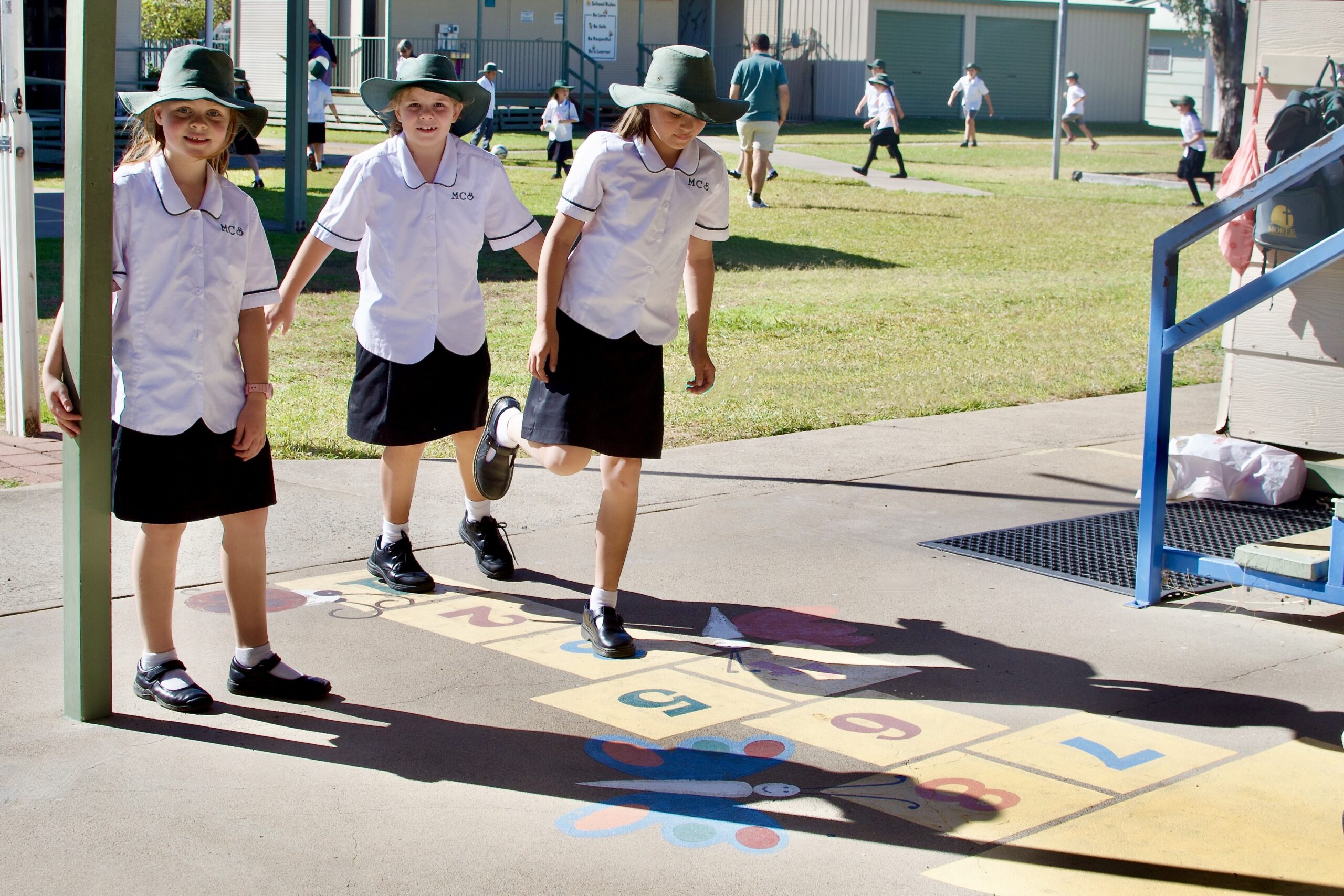
Authentic Faith.
Courageous Learners.
Inspired to Serve.
At Moree Christian School, every effort is made to provide a balanced education where academic skills, creativity, personal, physical, and spiritual development in the students are seen as complementary and enhancing.
At the centre of learning, teachers aim to nurture students through teaching and modelling authentic faith; empowering them with courage to learn, and inspiring them to serve people around them.
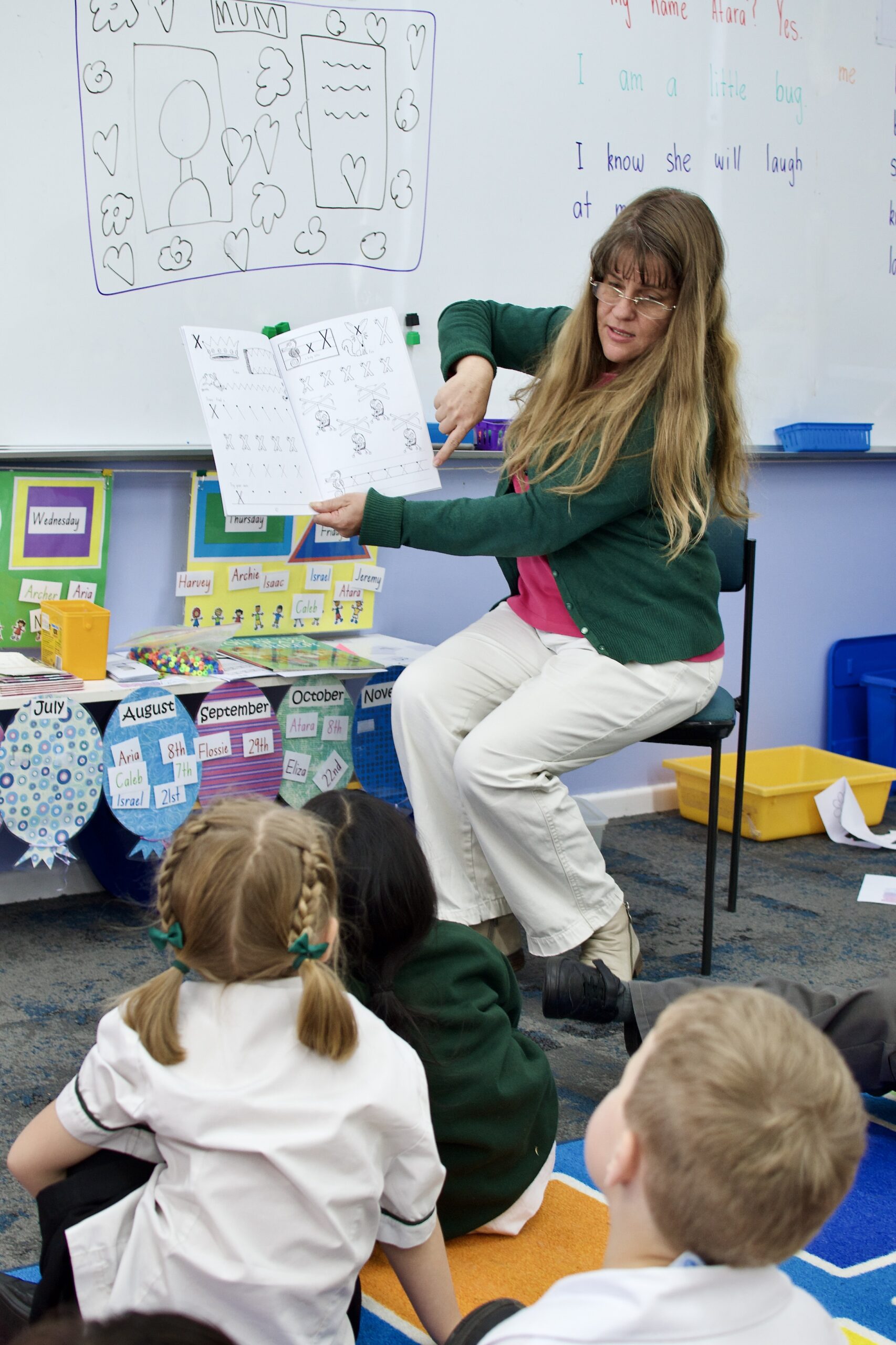
Christian Worldview
We understand that all curriculum frameworks have an underlying worldview, expressed or implied. At Moree Christian School, we present the curriculum from the Biblical worldview. Christian education at Moree Christian School encompasses all areas of the curriculum. In particular, the students learn of God’s love and of the life and teachings of Jesus through regular assemblies, worship times, class devotions, and Bible lessons. Teachers, by their own example, encourage an understanding of the Christian way of life and participate in staff devotions each morning.
Curriculum is developed using the Christian Schools Australia document, God’s Big Story, which is a description of the overarching grand narrative of Scripture. Programs are developed using four lenses which are used to develop our programs; Creation (purpose), Fall (problem), Redemption (response) and Restoration (hope).
Planning through these four lenses illuminates big ideas and prompts connections for the learner, personal enquiry and reflection in the learner.
Students will consider questions such as:
- What is God’s plan and purpose for this concept?
- What is God’s plan and purpose for my life?
- How should I respond to following how Jesus lived in the world?
- How can I respond to Jesus’s call to follow Him?
6 Global Competencies
At Moree Christian School, we aim to grow apprentices of Jesus Christ, training, teaching and mentoring students to actively engage with and minister to the world around them. At Moree Christian School, units of work are designed under the New Pedagogies for Deep Learning framework. Each unit taught at Moree Christian School will have at least one of six key competencies that underpin our teaching and fuel this apprenticeship. These competencies are Character, Citizenship, Collaboration, Creativity, Critical Thinking and Communication.
As image-bearers, we are created to be in relationship with God. We love, honour and respect God and grow in our knowledge and understanding of Him through the Bible. We love others as we live out our lives in community.
God created us to live and work together in His global community. Modelling Jesus’ servant heart, we are entrusted to reach out to others with compassion and grace. We are to be good stewards to the world He has created.
Collaborative learning will develop our communication, participation and respect for others as we commit to develop an understanding of the ideas and views of those around us.
God created us to be creative thinkers. As we create, we reflect God’s own creativity. He has gifted us with different skills and abilities, including using our hands and minds to create.
God created us to be logical thinkers. We are to be passionate learners, willing to take risks, open to new information and experiences, whilst maintaining a discerning, reflective, balanced approach.
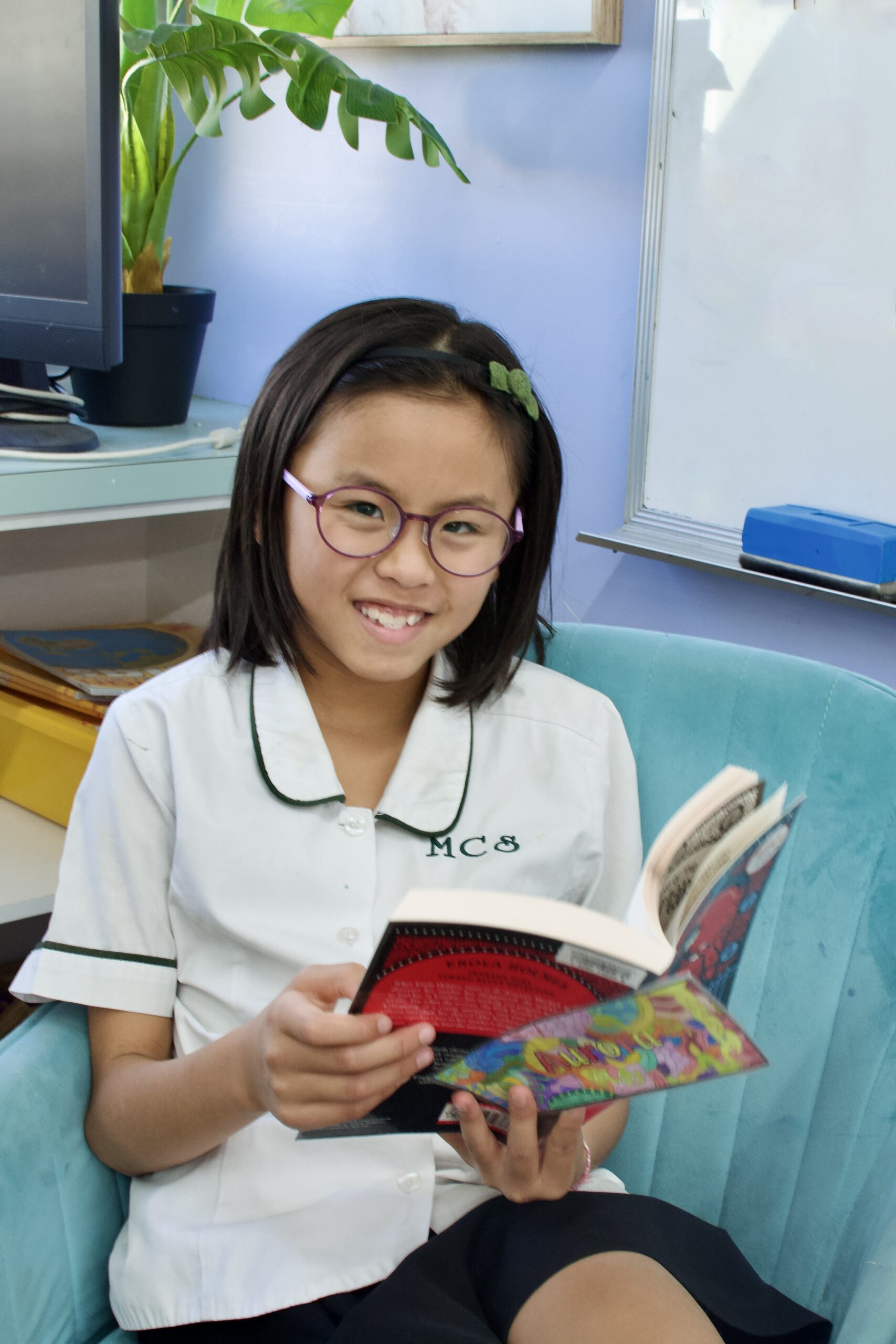
Literacy and Numeracy
At Moree Christian School, we believe in the explicit teaching and development of highly proficient literacy and numeracy skills. We believe these support the development of critical thinking, deep learning and higher order thinking. The school teaches all learning areas from NSW Education Standards Authority (NESA) curriculum, assessing and reporting on these outcomes.
In the Primary School, classes are taught in stage levels. This provides encouragement for the children to develop toward working independently and allows children to learn according to individual needs. These needs will vary for students depending on subject, topic and the outcome being addressed.
The TEN (Targeted Early Numeracy) Program is also used in Stage 1 and as an intervention program in Stage 2 for students who need support in their numeracy.
Renaissance Reading is used throughout the school as a program to track student reading and monitor their progress in reading and comprehension. This reading program works alongside a Home Reading program, in which students bring home readers to read aloud to their parents. InitiaLit is the literacy program run in Stage 1.
Individualised Learning
All students are assessed upon enrolment in order to ensure their learning needs are met. This assessment provides teaching staff with an understanding of a student’s areas of strength and areas for growth. Children with identified additional needs are provided with an Individual Education Plan (IEP) and are supported by the classroom teacher, support programmes and teachers’ aides where necessary. MultiLit, MiniLit, MacqLit programs are provided to identified students two to three times per week by a trained learning support teacher. Opportunities for children to be extended are provided through extension tasks in the classroom and through involvement in enrichment programs that run periodically. Students have the opportunity to become involved in the biannual school play, Write a Book in a Day, choirs, instrumental music, and band.

School Year 2024
Term 1
First Day:
Tuesday 6th February 2024
Last Day:
Friday 12th April 2024
Term 2
First Day:
Monday 29th April 2024
Last Day:
Friday 5th July 2024
Term 3
First Day:
Monday 29th July 2024
Last Day:
Friday 27th September 2024
Term 4
First Day:
Monday 14th October 2024
Last Day:
Friday 13th December 2024
